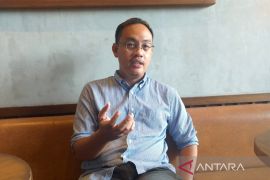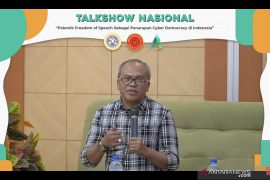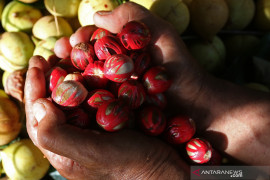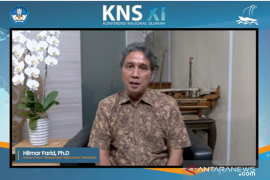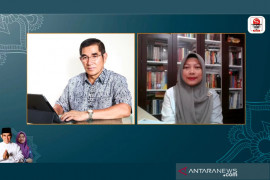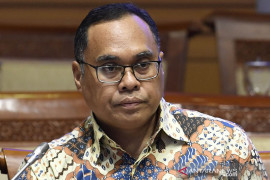"There are seven areas of science and technology research currently undertaken by the ministry and have produced quality products," the minister said at a meeting with students and the Indonesian community in the Netherlands.
According to him, the seven areas of research are those on food and agriculture, energy, health and medicine, management and transportation technology, communications and information, advanced material as well as defense industry.
Gusti explained the food and agriculture research did not only address global challenges of food security but also the problem of climate change which has affected the growth of food crops.
The researchers of the National Nuclear Energy Agency (Batan) have found rice seeds that can be harvested after 105 days, yielding nine to 10 tons of rice per hectare and resistant to disease and climate change.
Meanwhile in the field of energy, the Indonesian researchers also developed nuclear energy in addition to successfully taking advantage of such environmentally friendly renewable energy as hydro, wind, solar and biofuel energy.
"The electrical energy that can be produced by nuclear is massive. One gram of uranium can produce one megawatt. In Serpong (Tangerang, Indonesia) we managed to get 30 megawatts and the nuclear waste is also managed well so that there is no reason for refusing the development of nuclear energy in Indonesia, " Gusti said.
Furthermore the researchers in the field of health and medicine also managed to find a vaccine and develop isotopes to track the cancer as early as possible, he said, adding that the development of transportation in electric cars and motor bikes keeps continuing to produce pollution-free vehicles.
Indonesia has also successfully launched a rocket besides setting a target to reach hundreds of kilometers per hour and is be able to carry a satellite orbiting in space.
"We also have our own satellites and will continue to do innovation," Gusti noted.
The minister said the researchers were in collaboration with non-ministerial government institutions such as the Agency for the Assessment and Application of Technology (BPPT), the Indonesian Institute of Sciences (LIPI), the National Atomic Energy Agency (Batan), the National Aeronautics and Space Agency (Lapan) , Geospatial Information Agency (BIG) and the National Standardization Agency (BSN).
"BSN is important for science and technology products that we produce to be recognized internationally," Gusti said.
(KR-LWA)
Editor: Suryanto
Copyright © ANTARA 2012

